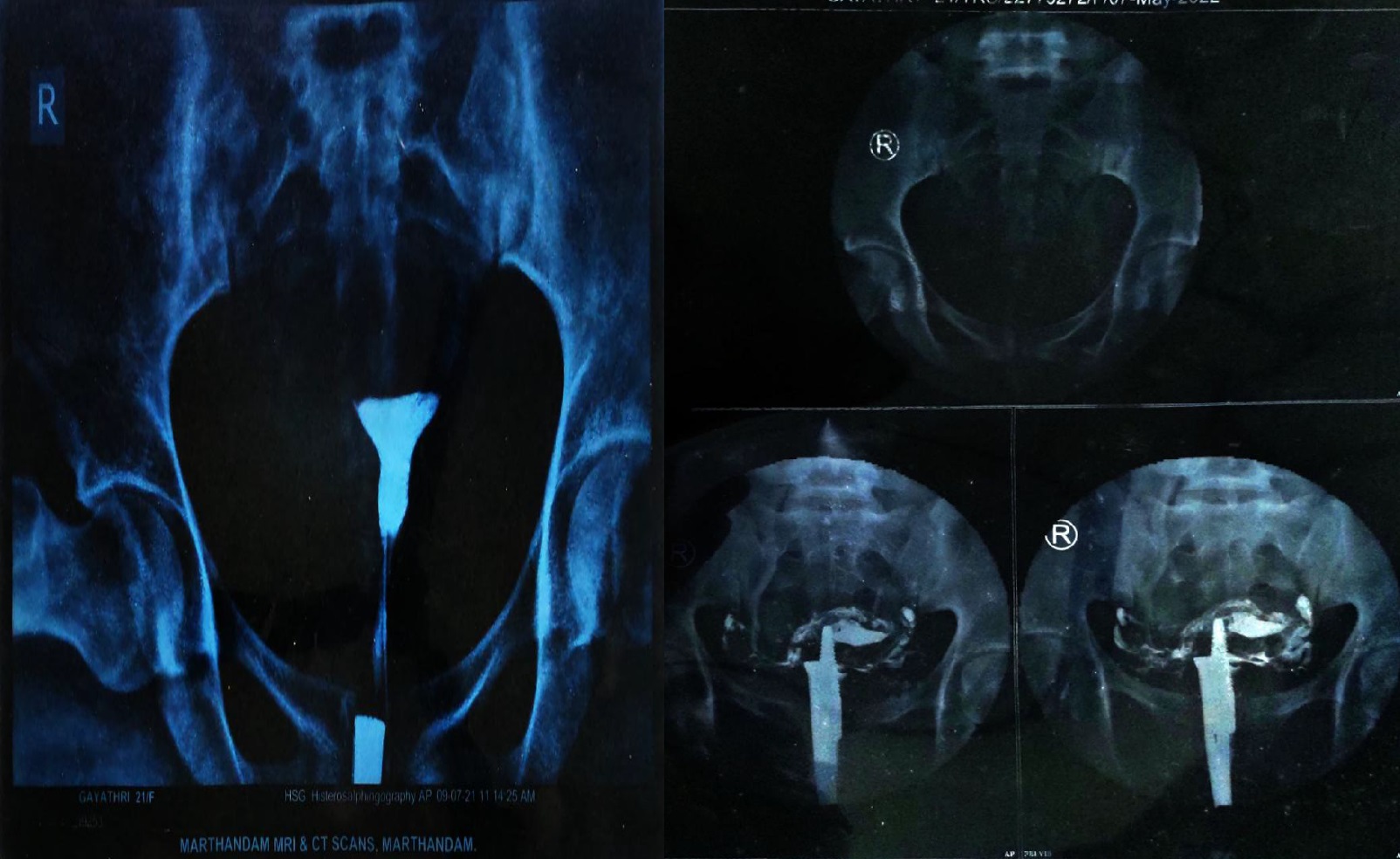Effect of Dhanwantharam Taila Uttaravasthi and Guggulupanchapala Choorna in Bilateral Tubal Block: A Case Study
DOI:
https://doi.org/10.47070/ijapr.v11i3.2745Keywords:
Tubal block, Pelvic inflammatory disease, Pariplutha, Uttaravasthi, Dhanwantharam tailamAbstract
The prevalence of tubal factor infertility is higher in India due to higher rates of unrecognized PID (pelvic Inflammatory Disease). The risk of PID leading to scarring, adhesions, and partial or total obstruction of fallopian tubes necessities an aggressive approach to managing PID. PID has features similar to Yoniroga paripluta caused by Vata pitta dusti. In this case study, the patient experienced thick yellowish-white mucoid vaginal discharge while also suffering from recurrent UTIs for six months. She was diagnosed with bilateral tubal block and had a one-year history of infertility. The line of treatment was to normalize Vata-pitta dosha, as Paripluta was the root cause of tubal blockage here. Here the aim was to alleviate vitiated Vata pitta dosha and achieve Artava vaha sroto sodhana. Srotorodha in the Artava vaha srotas were eliminated by proper Sodhana, Shamana, and Sthanika chikitsa. Uttara vasthi effectively removes tubal block as it can deliver medicines close to the fallopian tube. Uttara vasthi with Dhanwantharam tailam can relieve abnormalities of the fallopian tube generated by Rooksha, Daruna, and Khara guna of Vata. All this management not only helps to get tube patency but also restores its normal physiological function. After receiving treatment for six months, the patient came with a normal Hysterosalpingography (HSG) report and reported symptomatic improvement.
Downloads




